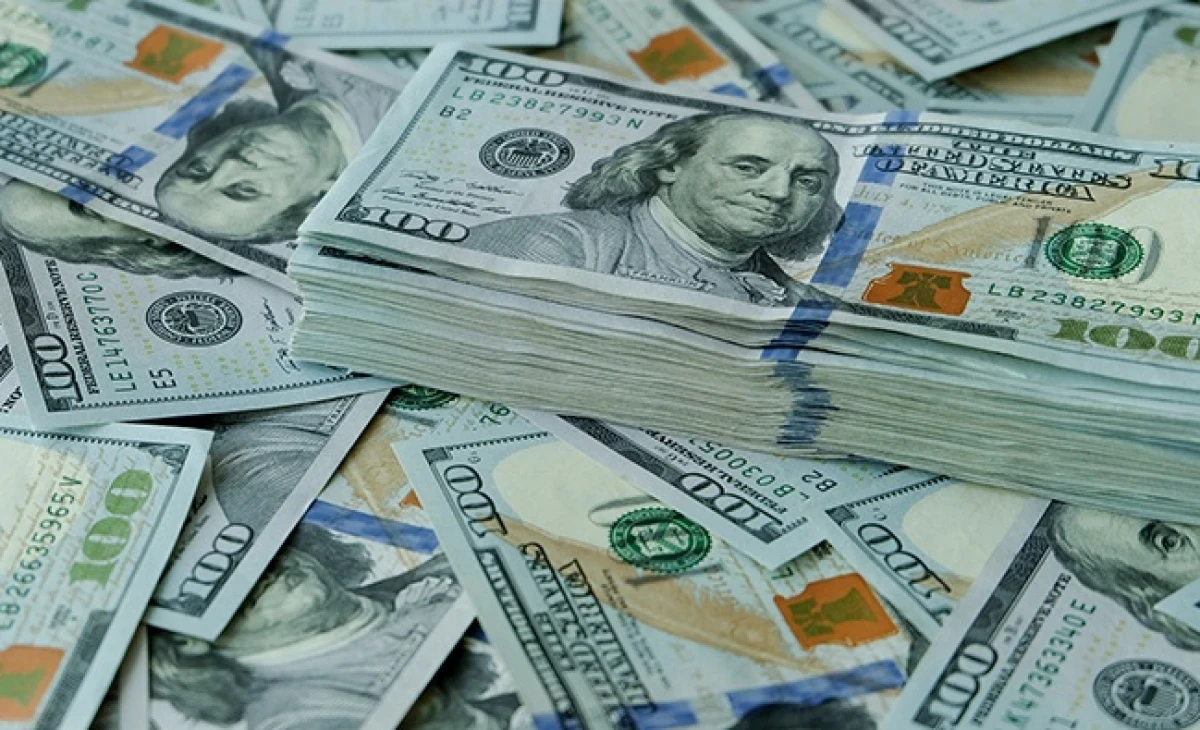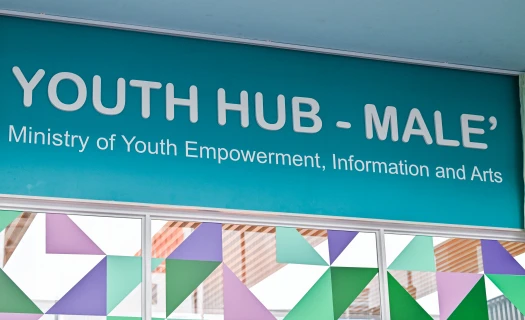Sat, 07 Feb 2026
|DHIVEHI
Efforts to ease USD shortages strengthened across 104 weeks of Administration
17 Nov 2025
|

US dollars --- Photo: Getty images
Access to foreign currency has been a central economic priority for the Administration of President Dr Mohamed Muizzu. When the Government assumed office, strict post-pandemic limits on USD transactions and weak bank liquidity continued to burden travellers, students, patients and businesses.
Over the past 104 weeks, a series of targeted fiscal, regulatory and monetary reforms have been introduced to ease these pressures and stabilise the foreign exchange system.
One of the earliest actions was the ratification of the Foreign Currency Act in December 2024, requiring tourist establishments to deposit and exchange their earnings through banks. This ensured that revenue from the country’s largest FX-generating sector flowed back into the formal system, strengthening reserves and improving bank exchange positions. Economic gains followed, with national revenue surpassing USD 1 billion for the first time in January 2025.
Improved inflows enabled the Government to gradually expand USD access for the public. Limits on Bank of Maldives debit cards, previously set at USD 250 per month, were increased step by step. Individuals can now spend USD 500 per transaction, use up to USD 3,000 for flights, accommodation and medical payments, and access USD 1,000 at overseas point-of-sale terminals.
Special provisions were also introduced: NSPA and Aasandha patients now receive USD 2,000, students’ limits have been raised to USD 1,200, and those travelling abroad for medical treatment can access USD 1,000 through banks. Credit card allowances are set to increase from February 2026.
Businesses have similarly benefited. Prior to the current Administration, only 5–10 per cent of importers’ USD needs were met at the official rate; this has now expanded to 50 per cent. The Maldives Monetary Authority has supported liquidity by lowering the foreign currency reserve requirement from 10 per cent to 5 per cent, unlocking around USD 45 million for lending and bank transactions.
Together, these reforms have strengthened bank liquidity, reduced reliance on the parallel market, and eased financial pressures on households and SMEs. Officials note that usable monthly USD limits for individuals have increased by more than 1,100 per cent compared with the start of the Administration, marking a significant shift in the country’s foreign exchange landscape.








